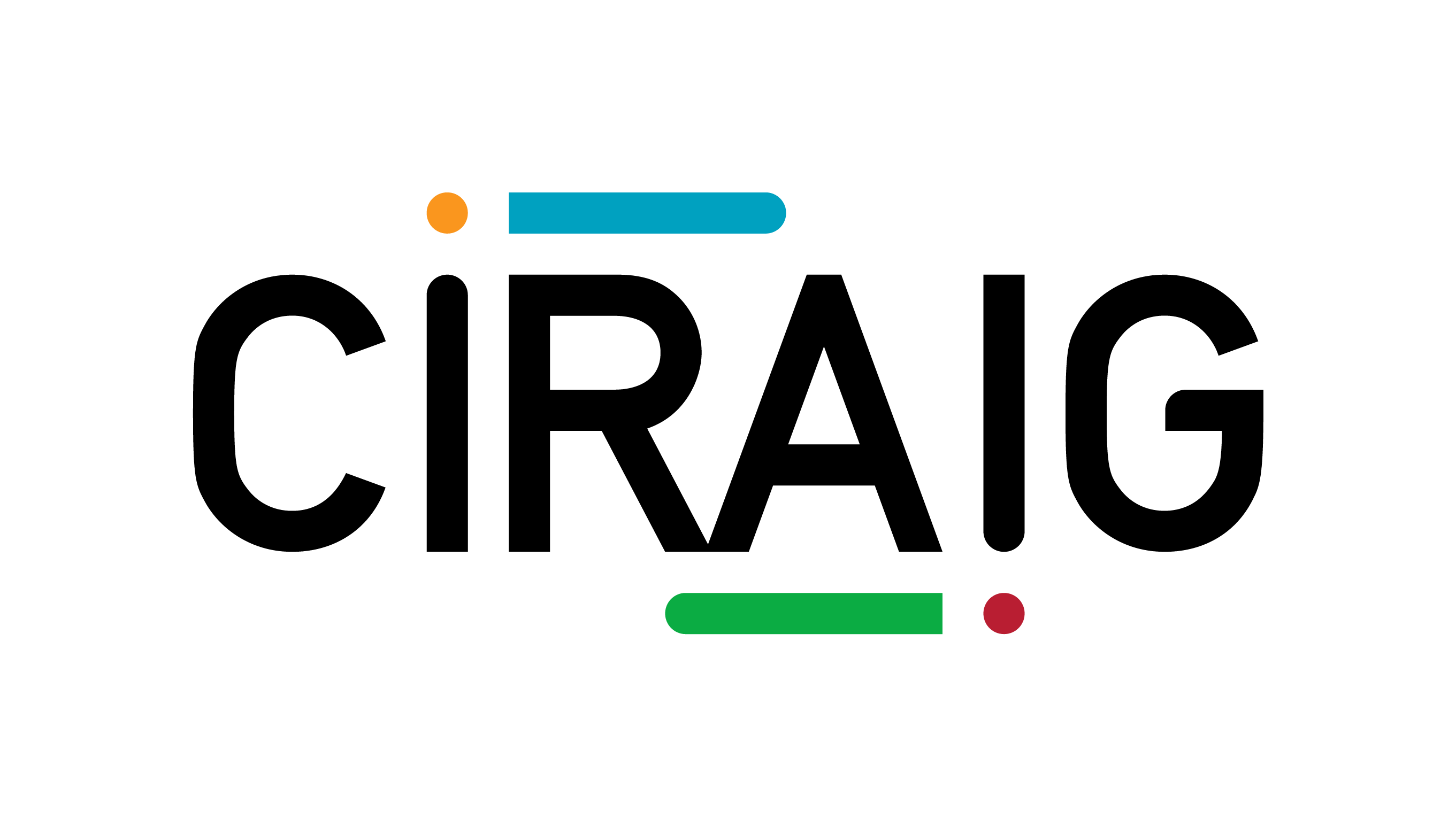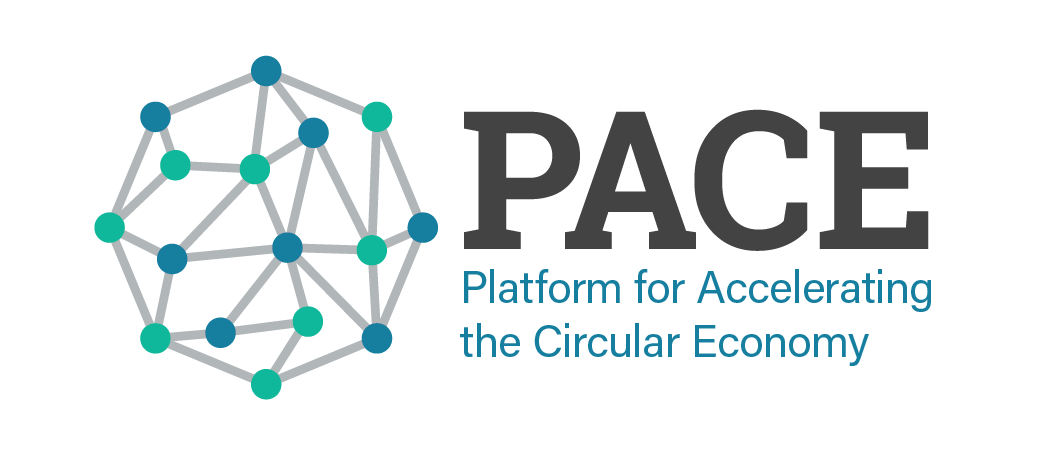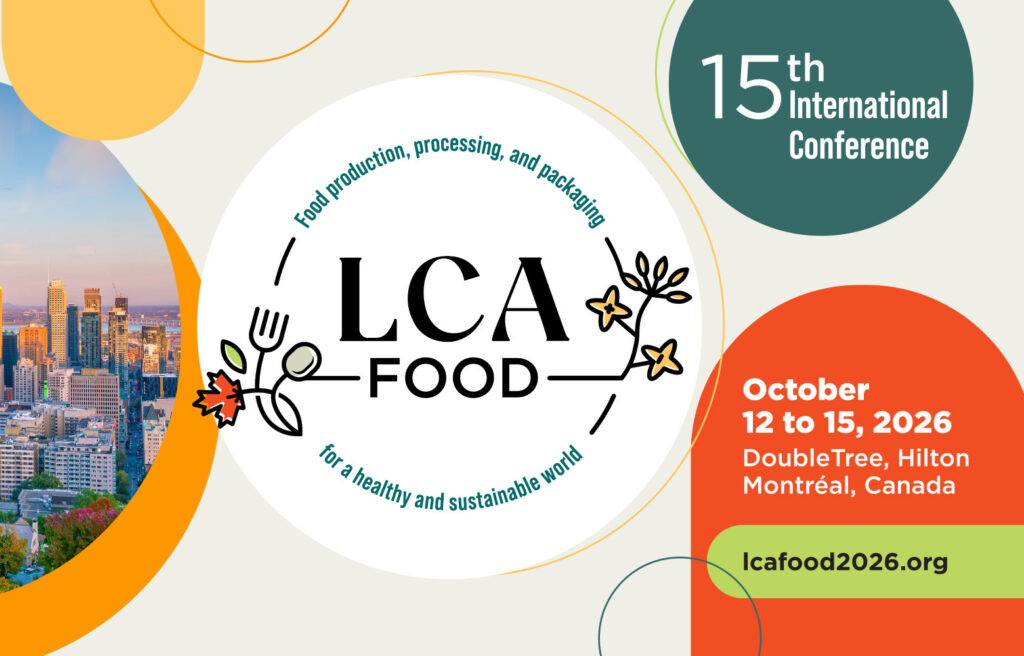Project
Circular Economy Action Agenda
The Circular Economy Action Agenda is a rallying call for businesses, governments, researchers, consumers and civil society to work together to accelerate the transition to a circular economy.

The Circular Economy Action Agenda is a rallying call for businesses, governments, researchers, consumers and civil society to work together to accelerate the transition to a circular economy.
The Action Agenda is made up of five publications: plastics, textiles, electronics, food, and capital equipment. These are crucial areas for the creation of a circular economy, with many lessons that apply to other sectors. More than 200 experts from more than 100 businesses, governments and civil society organizations have contributed to the development of the Action Agenda.
There’s no longer any question of whether we need a circular economy – the evidence is clear. The Circular Economy Action Agenda tells us how to make it happen, and how to ensure it has the greatest possible impact on people and planet.
Each publication of the Circular Economy Action Agenda presents:
Objectives – setting out what a circular economy would look like
Impact – assessment of the potential impact on people and the planet if the objectives are achieved
Barriers – analysis of what is impeding the implementation or scaling of circularity
Actions – 10 calls-to-action designed to optimize impact, overcome barriers, and study the unknown – including practical examples of where to start and case studies of what is already working.
The CIRAIG contributed to the The Circular Economy Action Agenda for Food and The Circular Action Agenda for Plastics publications, as part of our mandate representing the Life Cycle Initiative.
In collaboration with
We use cookies on our website to give you the most relevant experience by remembering your preferences and repeat visits. By clicking “Accept”, you consent to the use of ALL the cookies.
Manage consent
Privacy Overview
This website uses cookies to improve your experience while you navigate through the website. Out of these, the cookies that are categorized as necessary are stored on your browser as they are essential for the working of basic functionalities of the website. We also use third-party cookies that help us analyze and understand how you use this website. These cookies will be stored in your browser only with your consent. You also have the option to opt-out of these cookies. But opting out of some of these cookies may affect your browsing experience.
Necessary cookies are absolutely essential for the website to function properly. This category only includes cookies that ensures basic functionalities and security features of the website. These cookies do not store any personal information.
Any cookies that may not be particularly necessary for the website to function and is used specifically to collect user personal data via analytics, ads, other embedded contents are termed as non-necessary cookies. It is mandatory to procure user consent prior to running these cookies on your website.
Your subscription could not be saved. Please try again.
Your subscription has been successful.





